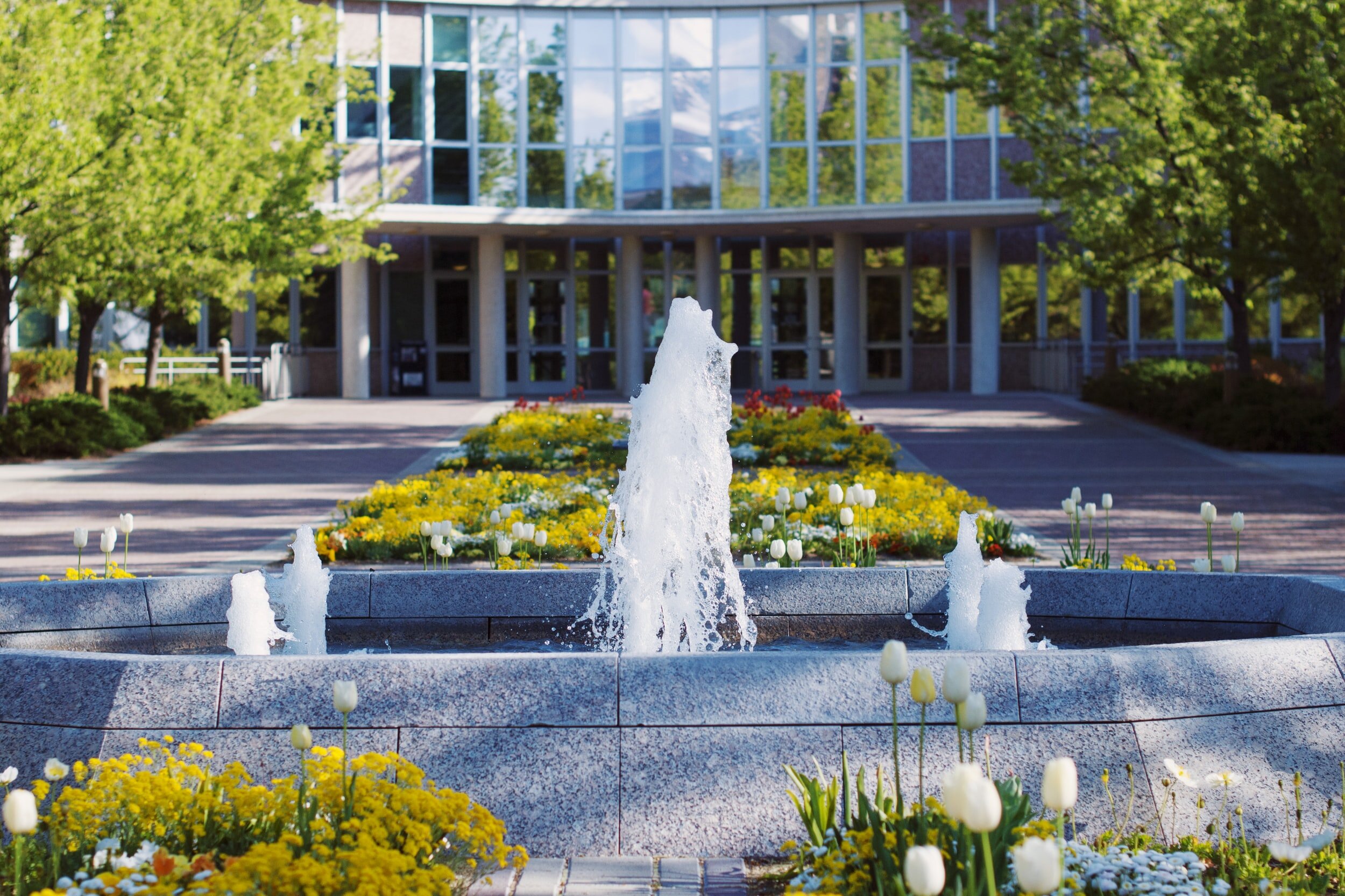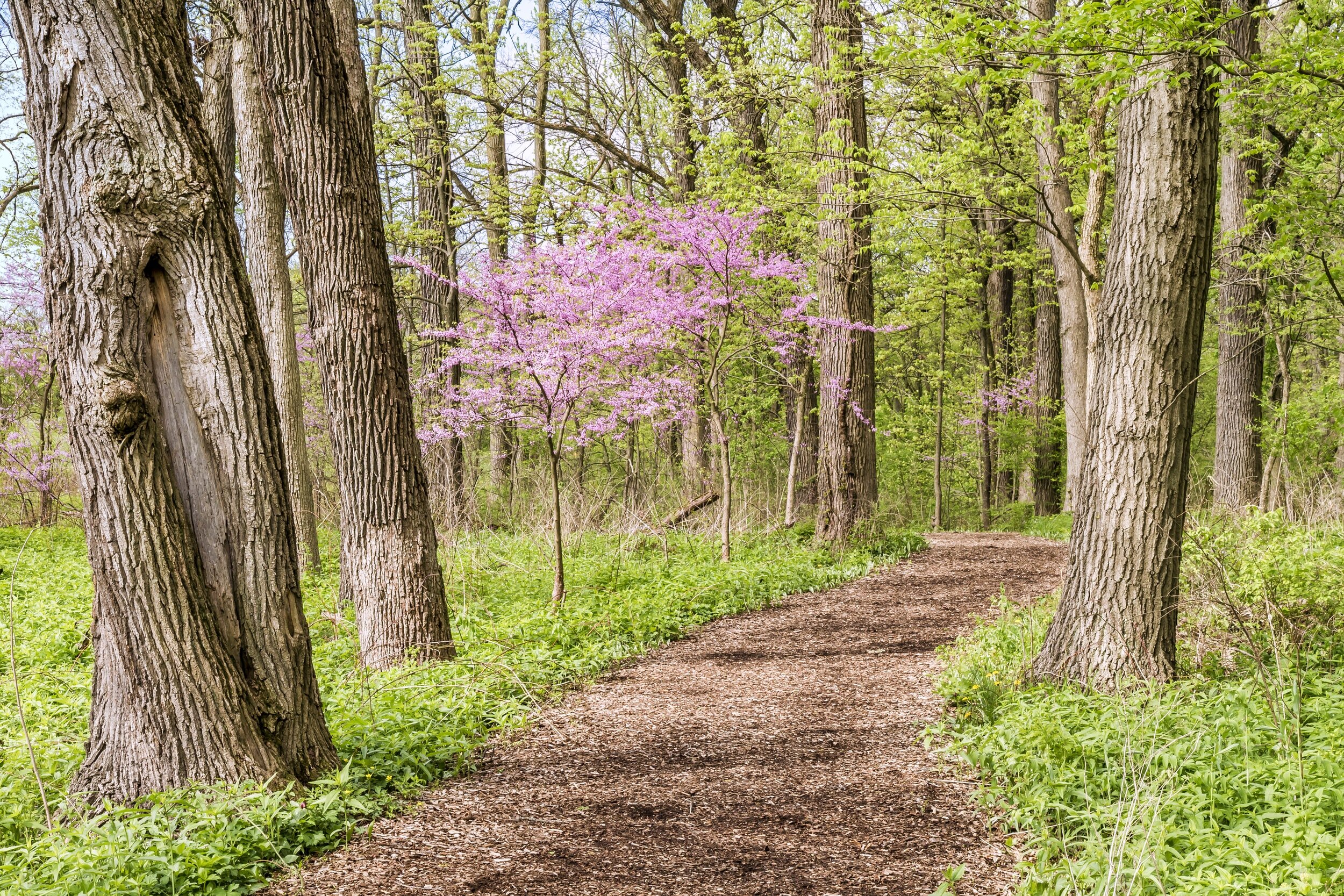Our Work
Our work highlights the research and insights of our community. Share your contributions by collaborating with ASO here. Subscribe to our free newsletter here.

How Women Use The Alexander Technique In The First Year After Birth Part III
In the third and final interview of this three part series, Nicola Hanefeld, PhD, overseas MSTAT, talks with Lesley Glover, PhD, MSTAT, about conclusions from her PhD studies at the University of Hull which Lesley supervised. The subject of the studies was womens’ experiences of using the AT in the postpartum. This is the 14th edition of the ASO newsletter

How Women Use The Alexander Technique In The First Year After Birth Part II
In this 13th edition of the ASO newsletter Nicola Hanefeld, PhD, overseas MSTAT, talks with Lesley Glover, PhD, MSTAT, about the second study of her PhD at the University of Hull in which women without previous experience of the Alexander Technique were given access to a postpartum online self-care package. This mixed-methods study produced some surprising data; the online approach was forced by the pandemic.

How Women Use The Alexander Technique In The First Year After Birth
In this 12th edition of the Alexander Studies Online (ASO) newsletter the Researcher Interview Series returns to explore new research into how women use the Alexander Technique in the potentially challenging postpartum phase of life. This month we release the first of three interviews that focus on the research of Nicola Hanefeld, PhD, overseas MSTAT, which took place at the University of Hull, UK, from 2017-2021.

Building a new, open-access database of Alexander Technique research.
In this 11th edition of the Alexander Studies Online (ASO) newsletter we take a look at the developing ASO Research Collections project and the newly released Alexander Technique online Zotero library; a growing list of peer reviewed research on the Alexander Technique, PhD and Masters theses, and more.

Looking both ways: A new teacher’s perspective on uncertainty
For the 10th edition of the ASO blog we are posting an article by Polly Waterfield MSTAT, written in 2006 and originally published in the journal Conscious Control. Composed in the space between completing her Alexander Technique teacher training and being on the cusp of starting out in her teaching practice, the article articulates a personal exploration of her lived experience as she moves into the world of a graduated teacher.

ATLAS commentary Parts III and IV
This blog makes up the final two interviews of the series in which Julia Woodman BSc, PhD, MSTAT talks about the ATLAS trail with Charlotte Woods EdD, MSTAT. They delve into the background to this important trial and review the findings, including looking at the experiences of the participants in the trial. They also discuss how ATLAS sits alongside the ATEAM trial to form the foundation of the evidence base for the effectiveness of Alexander lessons.

ATLAS commentary Parts I and II
In the first two videos of a series of four interviews, Julia Woodman BSc, PhD, MSTAT talks about the ATLAS neck pain trial with Charlotte Woods EdD, MSTAT. They delve into the background to this important trial and review the findings, including looking at the experiences of the participants in the trial. They also discuss how ATLAS sits alongside the ATEAM trial to form the foundation of the evidence base for the effectiveness of Alexander lessons.

Potential Mechanisms of the Alexander Technique: Toward a Comprehensive Neurophysiological Model
In this edition of the ASO blog series we hear from Tim Cacciatore PhD MSTAT and Rajal Cohen PhD M.AmSAT, two of the three authors of a recent paper published in the Kinesiology Review Journal. The paper, “Potential Mechanisms of the Alexander Technique: Toward a Comprehensive Neurophysiological Model” is an intriguing first step to help answer the question of why the Alexander Technique seems to have such wide-ranging benefits.

ATEAM Commentary Part II
The Researcher Interview Series continues with a look into clinical research that has evaluated the effectiveness of Alexander lessons for people with various health-related conditions. This month is the second installment of commentary on the ATEAM back pain trial.

ATEAM Commentary Part I
The Researcher Interview Series continues with a turn to some of the clinical research that has evaluated the effectiveness of Alexander lessons for people with various health-related conditions. This month and next month we are focusing on the ATEAM back pain trial.

Learning from People Living with Parkinson’s Disease: Ten tips from the field
In this 4th edition of the ASO newsletter, we have another piece written specifically for the ASO Community, this time by Glenna Batson ScD, PT, MA, mAmSAT, ISATT. In the post below, Glenna shares her experiences of working with people living with Parkinson’s disease, taking us through her initial trepidation and how she found her way. She offers tips for teachers working with people living with Parkinson’s that arose from applying her knowledge and experience from her own research background and from working with people with various neurological challenges.

Disciplined inquiry and the Alexander Technique teacher: What is it, why do it?
In this 3rd edition of the ASO newsletter we are excited to release a paper written specifically for the ASO community. Written by Dr Gabriella Minnes Brandes (CANSTAT, STAT, AMSAT, ATI) and Dr Charlotte Woods (MSTAT), the below post helps to demystify the term disciplined inquiry and sheds light into ways in which our community can further share and grow together.

Pt. II of Supporting People with Dementia: a Role for Alexander Technique Teachers?
Part II of the ASO researcher interview series includes all five videos released during the period of December 2020 to early January 2021. These videos explore the process and results of a survey of Alexander Technique teachers about teaching people with dementia, provide an update on the ASO dementia theme, and finish with a live Q&A that took place on January 19th, 2021.

Pt. I of Supporting People with Dementia: a Role for Alexander Technique Teachers?
Part I of the ASO Researcher Interview Series contains all videos released from December 2020 - January 2021. This first section begins with an introductory video to the theme of the Alexander Technique and its role in supporting people with dementia, then continues with six videos that explore a pilot study completed on the Alexander Technique in a residential care setting for people with dementia.

Archive
-
2026
- Jan 3, 2026 Applying the Alexander Technique in Dentistry: A Conversation with Dr Anikó Ball Jan 3, 2026
-
2025
- Dec 6, 2025 ASO Annual Review - 2025 Alexander Technique Research & Insights Dec 6, 2025
- Nov 1, 2025 Alexander Technique and Trauma: Exploring the Intersection Nov 1, 2025
- Oct 4, 2025 Hands, Wrists, Fingers; Mind, Heart, Soul Oct 4, 2025
- Sep 6, 2025 Psychotherapy, Counselling, and Alexander Technique Teaching: An Interview with Brigitta Mowat Sep 6, 2025
- Jul 12, 2025 Connected Conversations: Psychotherapy and the Alexander Technique Jul 12, 2025
- Jun 7, 2025 Capturing Well-being Outcomes: The Warwick Holistic Health Questionnaire and Its Relevance to Alexander Practice Jun 7, 2025
- May 3, 2025 Connected Conversations: Exploring the Space Between – Alexander Technique and Craniosacral Therapy Practice May 3, 2025
- Apr 5, 2025 Alexander Technique, Gender, and Embodied Empowerment Apr 5, 2025
- Mar 4, 2025 Rethinking The Science of Muscle Tone - Part II Mar 4, 2025
- Feb 4, 2025 Rethinking The Science of Muscle Tone - Part I Feb 4, 2025
- Jan 7, 2025 Bridging Practice and Research: Insights for Alexander Technique from Acupuncture Care and Research Jan 7, 2025
-
2024
- Dec 3, 2024 ASO Annual Review - 2024 Alexander Technique Research & Insights Dec 3, 2024
- Nov 5, 2024 Capturing Experience: Exploring Self-Report Measures in Alexander Technique Research Nov 5, 2024
- Oct 1, 2024 Exploring the Wisdom of Senior Teachers: Ruth Rootberg on 'Living the Alexander Technique’ Oct 1, 2024
- Sep 3, 2024 Putting the body back into prayer Sep 3, 2024
- Jul 2, 2024 Time as an element in the curriculum at The Royal College of Music Jul 2, 2024
- Jun 4, 2024 Part II - How can learning and using the Alexander Technique enable us to reduce and better manage chronic pain? Jun 4, 2024
- May 7, 2024 How can learning and using the Alexander Technique enable us to reduce and better manage chronic pain? May 7, 2024
- Apr 2, 2024 In Conversation: Regina Stratil's Path to Uncovering Irene Tasker's Story Apr 2, 2024
- Mar 5, 2024 How Alexander Technique lessons can help family carers - Part II Mar 5, 2024
- Feb 6, 2024 Partnering with Poise – Research into how Alexander Technique lessons can help family carers Feb 6, 2024
- Jan 2, 2024 Acoustic and Perceptual Effects of Alexander Technique Lessons Jan 2, 2024
-
2023
- Dec 5, 2023 A Year of Exploration: Annual Review & Research Discoveries Dec 5, 2023
- Nov 7, 2023 Restoring carers to themselves through the Alexander Technique Nov 7, 2023
- Oct 3, 2023 Opera and Alexander Technique: What are the connections? Oct 3, 2023
- Sep 5, 2023 An Interview with Monika Gross: Alexander Technique Research & Collaboration Sep 5, 2023
- Jul 4, 2023 Why research the Alexander Technique? Jul 4, 2023
- Jun 6, 2023 Soma in the City: How does listening and responding to a ‘somatic podcast’ drawing on the Alexander Technique, affect one’s relationship with urban space? Jun 6, 2023
- May 2, 2023 Why have a curriculum for an experiential practice? May 2, 2023
- Apr 4, 2023 Lighten Up! A conversation with Rajal Cohen - Part II Apr 4, 2023
- Mar 7, 2023 Lighten Up! A conversation with Rajal Cohen - Part I Mar 7, 2023
- Feb 7, 2023 Embodied practices, the Alexander Technique, and self-compassion: An interview with Lisa Harris Feb 7, 2023
- Jan 3, 2023 ‘What on earth do we do with this data?’ Two experiences of writing up research for publication Jan 3, 2023
-
2022
- Nov 1, 2022 Alexander Technique group lessons in an exercise program for women following treatment for breast cancer: An Interview with Alazne Larrinaga Nov 1, 2022
- Oct 4, 2022 A New Alexander Technique Publication in the British Medical Journal on Low Back Pain: An Interview with Carolyn Nicholls Oct 4, 2022
- Sep 6, 2022 The Healthy Young Musician Project: Alexander Technique Research at the Royal Academy of Music Sep 6, 2022
- Aug 2, 2022 Violin, Science, and the Alexander Technique: An Interview with Researcher Alison Loram and Special Guests Aug 2, 2022
- Jul 5, 2022 Is it time to take stock of Alexander Teacher education? Research offers the means whereby. Jul 5, 2022
- Jun 7, 2022 A Technique for Musicians Jun 7, 2022
- May 3, 2022 Psychological and other ‘non-physical’ changes following Alexander Technique lessons May 3, 2022
- Apr 5, 2022 Finale - Working With Musicians: Application of The Alexander Technique to Music Making Part III Apr 5, 2022
- Mar 1, 2022 Working With Musicians - Application of The Alexander Technique to Music Making Part II Mar 1, 2022
- Feb 1, 2022 Working With Musicians - The Application of The Alexander Technique to Music Making Part I Feb 1, 2022
- Jan 4, 2022 One year into the Alexander Studies Online project - how are we doing? Jan 4, 2022
-
2021
- Dec 7, 2021 How Women Use The Alexander Technique In The First Year After Birth Part III Dec 7, 2021
- Nov 2, 2021 How Women Use The Alexander Technique In The First Year After Birth Part II Nov 2, 2021
- Oct 5, 2021 How Women Use The Alexander Technique In The First Year After Birth Oct 5, 2021
- Sep 7, 2021 Building a new, open-access database of Alexander Technique research. Sep 7, 2021
- Aug 3, 2021 Looking both ways: A new teacher’s perspective on uncertainty Aug 3, 2021
- Jul 20, 2021 ATLAS commentary Parts III and IV Jul 20, 2021
- Jul 6, 2021 ATLAS commentary Parts I and II Jul 6, 2021
- Jun 1, 2021 Potential Mechanisms of the Alexander Technique: Toward a Comprehensive Neurophysiological Model Jun 1, 2021
- May 4, 2021 ATEAM Commentary Part II May 4, 2021
- Apr 5, 2021 ATEAM Commentary Part I Apr 5, 2021
- Mar 2, 2021 Learning from People Living with Parkinson’s Disease: Ten tips from the field Mar 2, 2021
- Feb 2, 2021 Disciplined inquiry and the Alexander Technique teacher: What is it, why do it? Feb 2, 2021
- Jan 27, 2021 Pt. II of Supporting People with Dementia: a Role for Alexander Technique Teachers? Jan 27, 2021
- Jan 27, 2021 Pt. I of Supporting People with Dementia: a Role for Alexander Technique Teachers? Jan 27, 2021
- Jan 5, 2021 The ASO Newsletter - 2nd edition Jan 5, 2021
-
2020
- Dec 1, 2020 The ASO Newsletter - 1st edition Dec 1, 2020
- Oct 18, 2020 Welcome: An Overview of ASO Oct 18, 2020